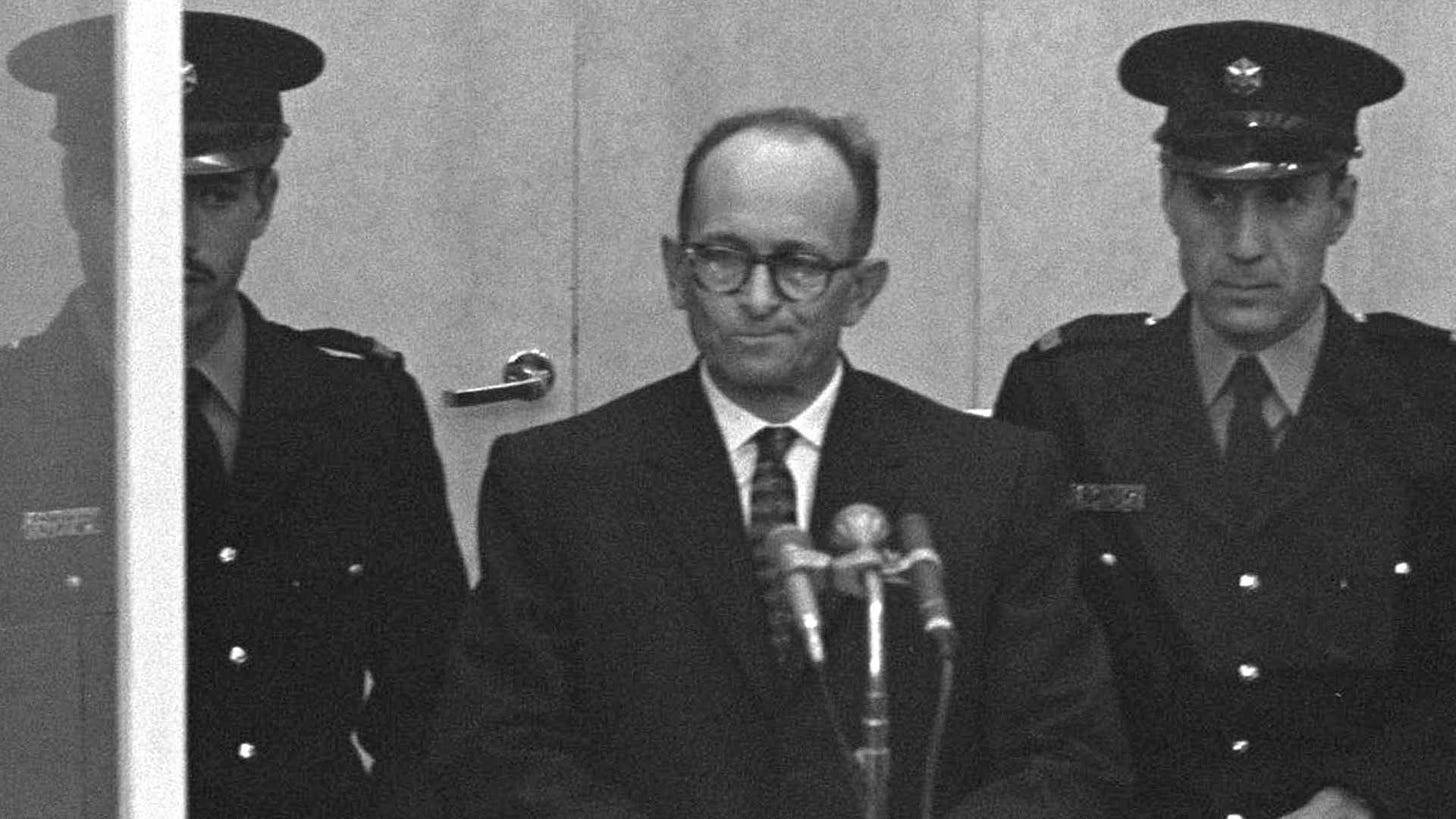Graduation and the Banality of Meaning
A step outside ourselves to identify and celebrate the living.
As college professors, we greet the annual commencement ceremony with mixed emotions. It’s hot under the robes. The speeches inevitably go on far too long and, in some cases, are the same ones we have heard for years. The pomp and formality lose some of their punch when you’ve been through it enough. You can’t help but be a little cynical. It becomes banal.
At the same time, it is fun to see students you have taught for years commencing creating their future. As the long list of names is read—most pronounced correctly—you are reminded of the one who wrote that great paper, the one you caught cheating, the one who would monopolize your office hours, the one you are shocked finished, the one who lost a sibling just before midterms, the one going off to your old grad school. We both like to sit in the aisle to give a fist bump, a handshake, or a quick, subtle hug to them as they file past, readying themselves to walk across the stage.
You recognize the profundity of the event. Especially for your first-generation college students, it represents a turning point for the family that has been generations in the making. The pride at having a college graduate, one of their own ready to take an opportunistic step up the ladder, vindicating the hard times, the risks, and suffering, working multiple jobs, but now in the iconic gown with the mortarboard and tassel, they know they have collectively done something special.
After the recessional, as everyone mixes, the students enthusiastically introduce you to their families, who are uncomfortably deferential (Oh, the stories we could tell you about faculty)—but in the eyes of the proud parents, we were the ones who professed wisdom and knowledge unto their offspring. We made them into the college graduates they are.
It is true but much less than they think. It was the student who did the hard work, who stayed up late working on a paper they should have started a week earlier, who came to class despite just having been broken up with, who was wrestling with multiple elements of their identity, who are challenged by illness, grief, and so much more while doing everything they could to figure out how to be an adult in an environment that gave them half the responsibilities that they would shoulder for the rest of their lives. College is a process, full of moments, some of which are deeply meaningful.
Graduation is the last of them and therefore notable, but it is rarely among the most life-shaping of them.
It is a ritual. It is a moment we set aside to reflect on and celebrate something important. We love our mothers every day, but we need Mother’s Day to take a break from busy living to let Mom know how grateful we are for all she has done for us in a way we don’t show all the time. Weddings, funerals, baptisms, bar mitzvahs, and more let us create a stage which, like in a theater watching a play, is set off from normal life. We put ourselves in a frame and repeat words and acts that symbolize something we deem essential both individually and collectively. Our rituals inform who we are and who we become.
But what the observances represent, what it is they are celebrating, occurs organically and often unexpectedly in life. The meaningful moments are not typically understood as such in real-time. The rites not only give us a place and a moment to reflect and see the special nature of the events that did not seem important when they happened, but create community, tethering one to the other while mooring one to a larger whole. Ritual meaning may sometimes feel banal. Perhaps rituals like graduation help us learn to appreciate the banality of meaning.
Arendt and the Banality of Evil
Image: Adolf Eichmann, watch.eventive.org
Hannah Arendt was a German-Jewish philosopher who escaped a Nazi concentration camp. She fled to America, where she continued her academic writing as she also worked as a journalist. In 1961, she was sent to Jerusalem to report on the trial of Adolf Eichmann, the architect of the Final Solution.
Arendt knew what Eichmann had done for Nazism. He was the one who oversaw the logistics of the murder camps, who figured out how to take the abstract hatred and turn it into actual genocide. He put the evil theory into practice.
Knowing this scheme resulted from Adolf Hitler, with his wild ranting speeches, she expected to see a monster on trial. Instead, what she found was a drab man in a drab suit. He was so small. He was so ordinary. He was a bureaucrat, a paper-pusher of the sort we have all met a thousand times.
Eichman’s defense was that he was just doing his job. They paid him to figure out how to efficiently get cargo from one location to another. Was it coal, cattle, or human lives? That wasn’t his concern. He had a compartmentalized job, and he did what he was told. He never personally hurt anyone, as he created the preconditions for millions of deaths. Eichman said he just did his job.
Arendt realized that, in a sense, he was right. Yes, he was just working his job. It was a job in service of evil, but if one were to isolate the work, and see it in a vacuum, then day-to-day there seemed to be no harm in just doing your job. It was a tedious job, like so many other monotonous jobs. Come into the office, get a cup of coffee, figure out how to do the project, grab some lunch, have a few meetings with other bland people in gray suits, write up the paperwork, and go home to dinner. This great evil became routine for many Nazis like Eichman, becoming as routine as other parts of their modern lives.
The key to evil, Arendt realized, was not to produce raving lunatics, but to make a structure, a system that divides the evil into such tiny pieces that no one piece seems to have much of it. In this way, the collective can be horrific beyond words without any of those responsible having to see themselves as horrible. This, she pointed out, is the banality of evil. The crime is in the whole, not in the part, but the banal part is responsible for the evil entity.
The Banality of Meaning
In physics, every particle has an antiparticle. The electron has the positron—same weight and amount of charge, but the positron has a positive charge, unlike the electron’s negativity. In the same way, there is a positive reflection of Arendt’s insight.
If evil is that which dehumanizes, its inverse would be that which makes us human. What creates us into who we are, what gives our life significance, is meaning. What differentiates us from mere objects is that we are capable of lives of living meaning. It is meaning that makes humans human. Mid-twentieth century French existentialist Maurice Merleau-Ponty explained that “because we are in the world, we are condemned to meaning, and we cannot do or say anything without its acquiring a name in history.”
Yet, the most meaningful moments of our existence are rarely the ones we think of. Your first kiss, the birth of your child, and the death of a parent are momentous, but when we reflect on our first love, our relationship with our kids, or the effects our parents have had on us, those are not the times we realize are the meaningful ones in retrospect. At the time, you were furious at being grounded for doing that small thing everyone else did. You lashed out and said something to your mother that you now regret. Especially because, with hindsight, you today see how important that moment was in shaping the character that kept you from having the same life as some of those you grew up around.
Maybe there was an extravagant trip with your spouse to celebrate a 25th anniversary, but the happiest you ever were together was years before on a lazy Sunday, doing nothing together, just goofing off, enjoying each other’s company. Quiet contentment passes without notice. The loving relationship, the meaningful whole, results from usually ordinary parts. We are capable of lives of great meaning, but the events that create this meaning are regularly banal.
This is especially true of college students, those in the formative period between childhood and adult life when they are bundles of perceptions filled with possibility. They are at the trailhead, with paths heading off in all directions. They have only the vaguest sense of where any of them leads, but they must choose one, dreaming about what might lie along the way. Likewise, they have four years to gain the skills they will use on their hike once they make their selection, and they try on many outfits trying to see what fits best for the adventure ahead.
It is in that process of unknowing that they begin to know themselves. They cannot discover what awaits on the path, but they can find parts of themselves they did not realize existed. That is magical about the college experience and what we as professors are honored to be a part of. We are there for those banal meaningful moments…indeed, our lectures may be part of what makes them both meaningful and banal. But we get to see it and can often spot it even when the students themselves cannot. And that pops into our minds as the students file past us at graduation.
Our rituals are important, not because they convey the meaning, but because they may feel meaningless. They are not the times where the meaning is made, but they give us pause to reflect on our lives and find those banal times that pass us quickly but have changed who we are and where we go for the rest of our lives. Those banal but meaningful events are what make us human, giving us meaningful lives, and the caps and gowns, marching to “Pomp and Circumstance,” and receiving a diploma are just symbols. But ritual performs a crucial task in allowing us to step outside ourselves to identify and celebrate the living, the lived, and the meaning, for example, that fills graduation.









How many angels dance on the head of a pin? Who counts them? I use the pin to make 2 pieces of cloth connect with one another. Rituals remind us of who and what we are. Their very repetition has historical antecedents, connecting us to the past, experiencing the present, and anticipating the future. Good enough?